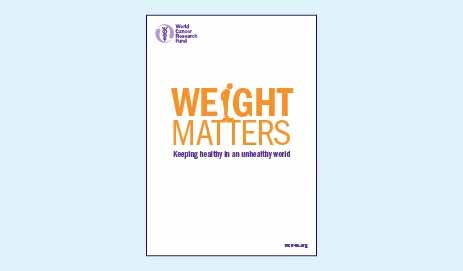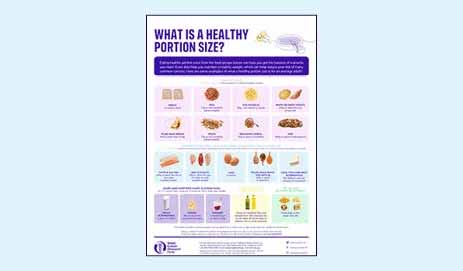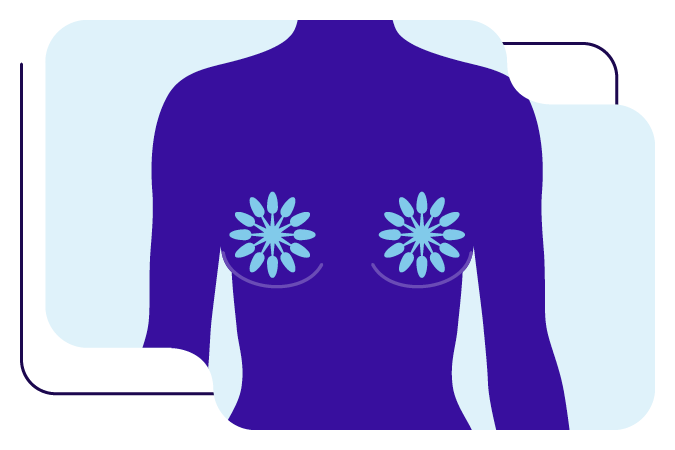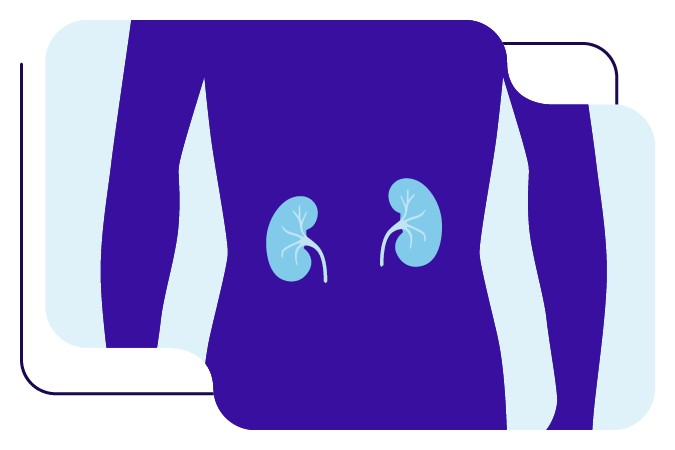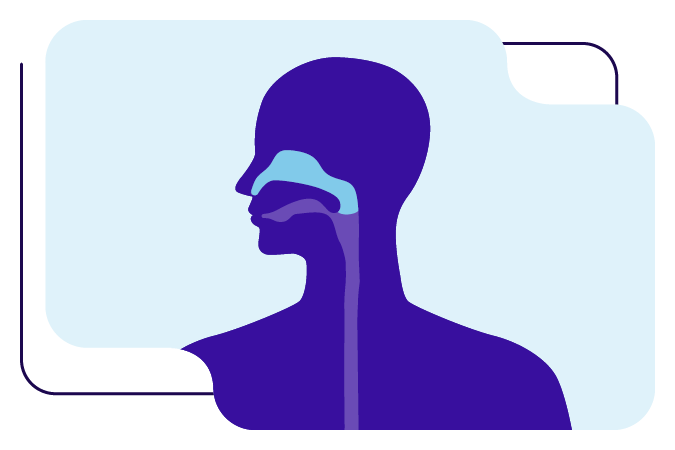Gallbladder cancer
What is gallbladder cancer? Find out how common it is, the causes, and expert advice on how to reduce your risk.
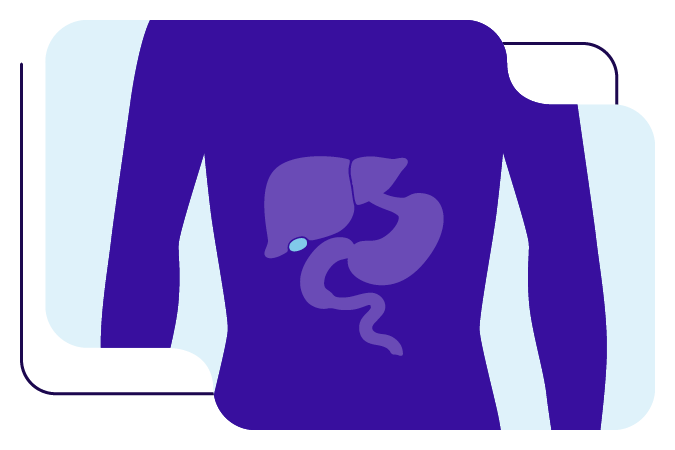
On this page
What is gallbladder cancer?
The gallbladder is a small pear-shaped organ connected to the liver. It stores bile, a liquid that helps your body digest fats.
Approximately 90–95% of gallbladder cancers are adenocarcinomas, which means the cancer started in gland cells in the gallbladder lining.
How common is gallbladder cancer?
Gallbladder cancer is rare, both in the UK and globally. It is the 21st most common cancer in the UK (2021 data), and the 22nd most common in the world (2022 data).
Men
Gallbladder cancer is the 18th most common cancer in men in the UK, and the 23rd most common in men globally.
Women
Gallbladder cancer is the 20th most common cancer in women in the UK, and the 20th most common in women globally.
| Region | Cases | Year |
|---|---|---|
| UK | 1,244 | 2021 |
| World | 122,491 | 2022 |
What are the signs and symptoms of gallbladder cancer?
Gallbladder cancer doesn’t usually cause symptoms in the early stages. Find more information on gallbladder cancer symptoms on the NHS website.
Help for you
Our free health guides and cookbooks empower people to reduce their risk of getting cancer. We also help those with a diagnosis cope with treatment, live longer, and enjoy a better quality of life.
Order yours today!
What causes gallbladder cancer?
Evidence for what can cause gallbladder cancer comes from large population studies (called epidemiology) and biological studies (where scientists look at cells in a laboratory).
If the risk factors below affect you, this doesn’t necessarily mean that you will develop gallbladder cancer.
For scientists: full references, pathogenesis and a summary of the mechanisms underpinning our findings on how to prevent gallbladder cancer can be found in our 2018 gallbladder cancer report.
Weight
We have strong evidence from our research that living with overweight or obesity increases the risk of gallbladder cancer. Other causes, except gallstones, have not been established.
Reduce your risk of gallbladder cancer
Following our Cancer Prevention Recommendations reduces your risk of gallbladder cancer. If you have been diagnosed with cancer, following our Recommendations can reduce the risk of cancer returning.
Be a healthy weight
Reaching – and staying at – a healthy weight can reduce your risk of gallbladder cancer, many other cancers, and other diseases.
But it’s not easy. Visit our weight and cancer page for more information about how weight affects the risk of developing cancer, and support to help you stay a healthy weight.
You can also read about how our Policy team encourage governments to make it easier for everyone to be a healthy weight.

Gallbladder cancer survival
Our Living with cancer section can help if you are living with gallbladder cancer.

